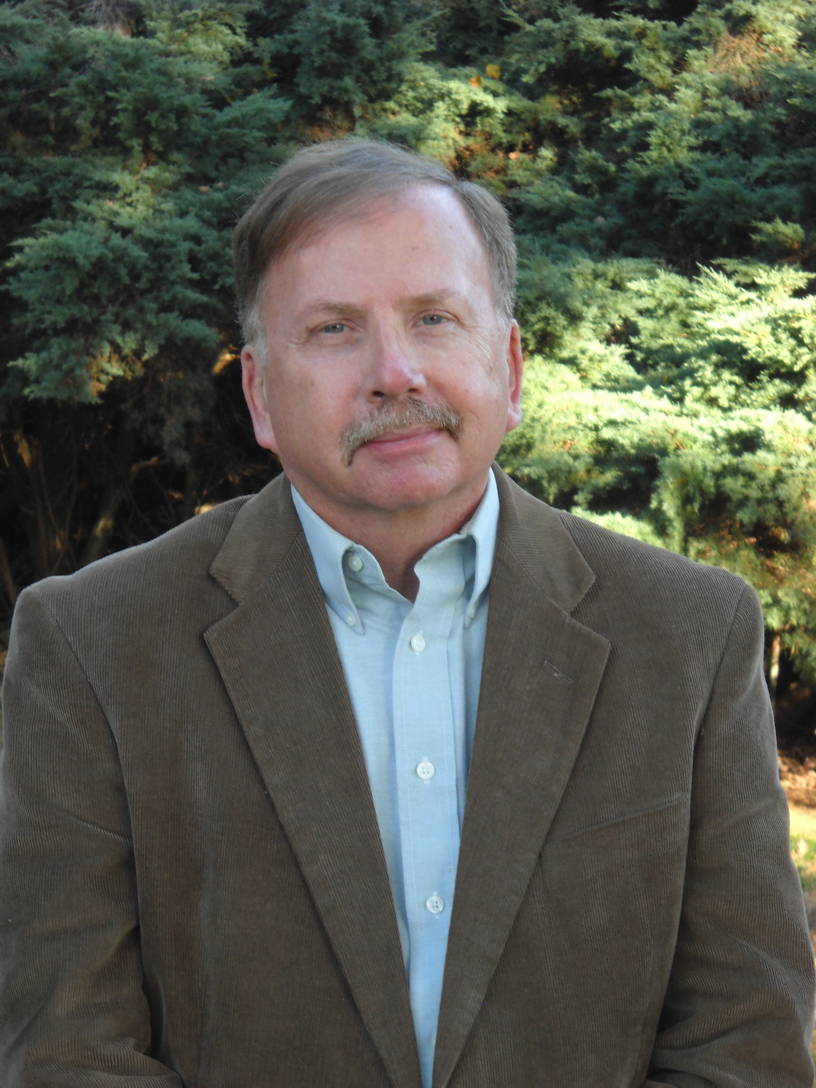|
Hi! Thanks for visiting my web page, which contains information
about my work.
I'm an astronomer working as an independent, part-time contractor
to the U.S. Naval Observatory in Washington, D.C. I do most of my
work from my home in Colora, Maryland, near the north end of the
Chesapeake Bay.
I was a staff astronomer at the Naval Observatory for over
three decades. There, I worked in the Nautical Almanac Office, the Astrometry
Department, the office of the Scientific Director, and the Astronomical Applications Department, in both research and management positions.
In my career at the Naval Observatory, I was fortunate to have been able to
work in a wide variety of projects related to dynamical astronomy —
the branch of astronomy that involves the positions and motions of celestial
objects, including the Earth. Dynamical astronomy covers several subfields,
including astrometry (precise measurements and their analysis, and celestial
coordinate systems), instrumentation (specialized telescopes, cameras, and related devices), celestial mechanics (the physical laws that govern the motions of stars and planets), and ephemerides (prediction of astronomical phenomena and
object coordinates). Dynamical astronomy also encompasses practical applications like celestial navigation and timekeeping. My own experience included work in various aspects of astrometry, planetary orbit computations,
Earth rotation measurements, instrumentation, calculation of ephemerides,
the mathematics of celestial navigation, and the design of
computer almanacs and similar software tools. My Ph.D. dissertation (1985, University of Maryland) involved measuring the Earth's nutation (a
small wobbling motion of the Earth's axis driven by the Moon's gravity) using radio astronomy, the first time that was done.
The thread that ties much of this work together is my interest in
algorithm development, that is, finding useful new mathematical schemes
for this kind of astronomy. Early in my career I created the
NOVAS
software library, which has expanded and improved and is
now an important resource for a wide variety of astronomy and
defense projects.
From 2002 to 2008, I served as a technical consultant for
several projects, funded by the Navy and other defense components,
to develop devices for navigation and geopositioning
that would work by autonomously observing stars both day and night. (I had
been active for many years in advocating for the
development of such devices as a complement to GPS navigation for U.S.
defense forces.) This work continues within a number of companies.
U.S. patent
8,260,567 covers a specific navigational method that I developed as part of my contribution
to the effort.
Another of my interests is astronomy education. When I was a staff
member at the Naval Observatory, I wrote many of the public-access web pages for
the Astronomical Applications
Department and regularly assisted with the observatory's public tour. For nine
years I chaired the Executive Committee for Washington Area Astronomers Meetings and helped to
organize several teachers' workshops in astronomy. For over ten years
I served as a judge for the DC citywide science fair, and for two years was the coordinator for the
Naval Observatory's summer student program. One of the students I mentored (who now has
her Ph.D. and works in another field) was a finalist in the 2003 Intel
National Science Talent Search for her work investigating the accuracy of the
measured motions of stars listed in several important data sources.
Now that I live in Cecil County, Maryland, I have been judging science
fairs and doing other informal science-education activities here.
|

